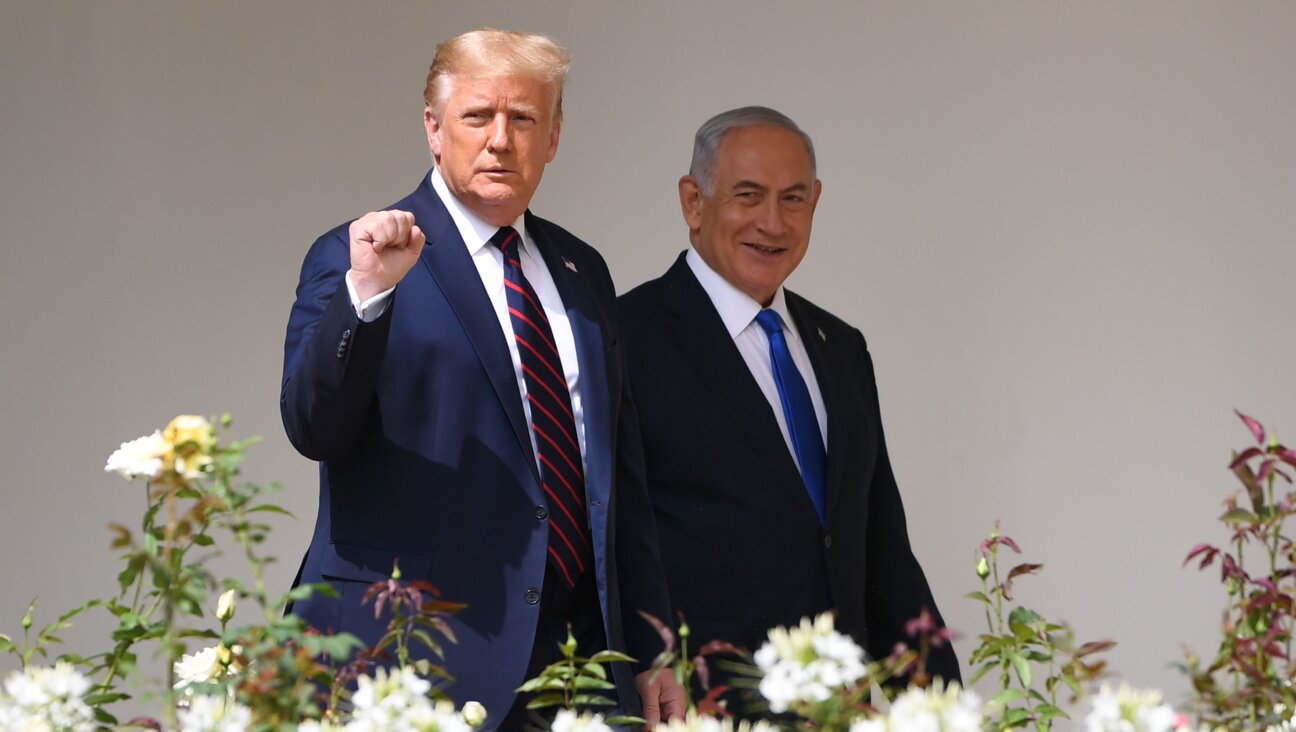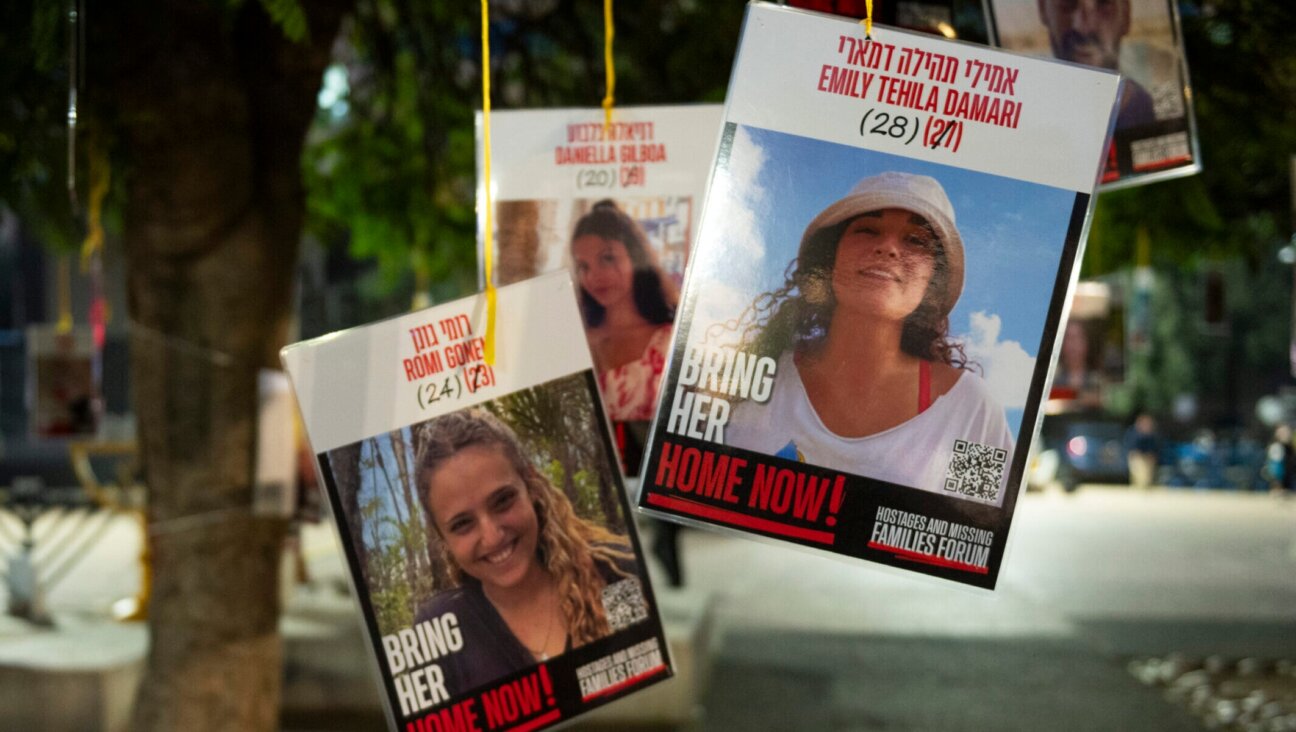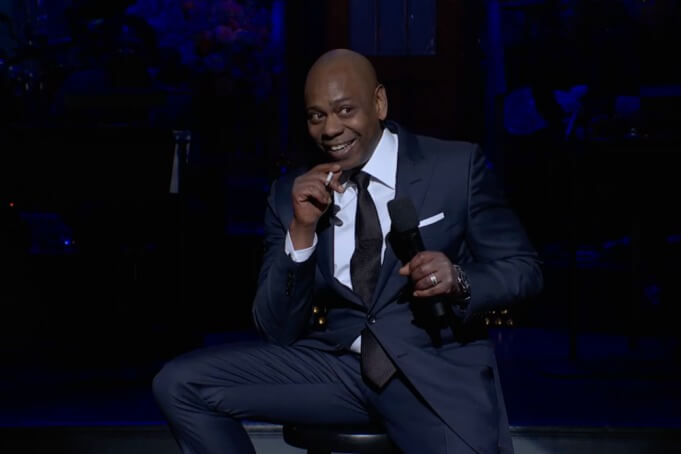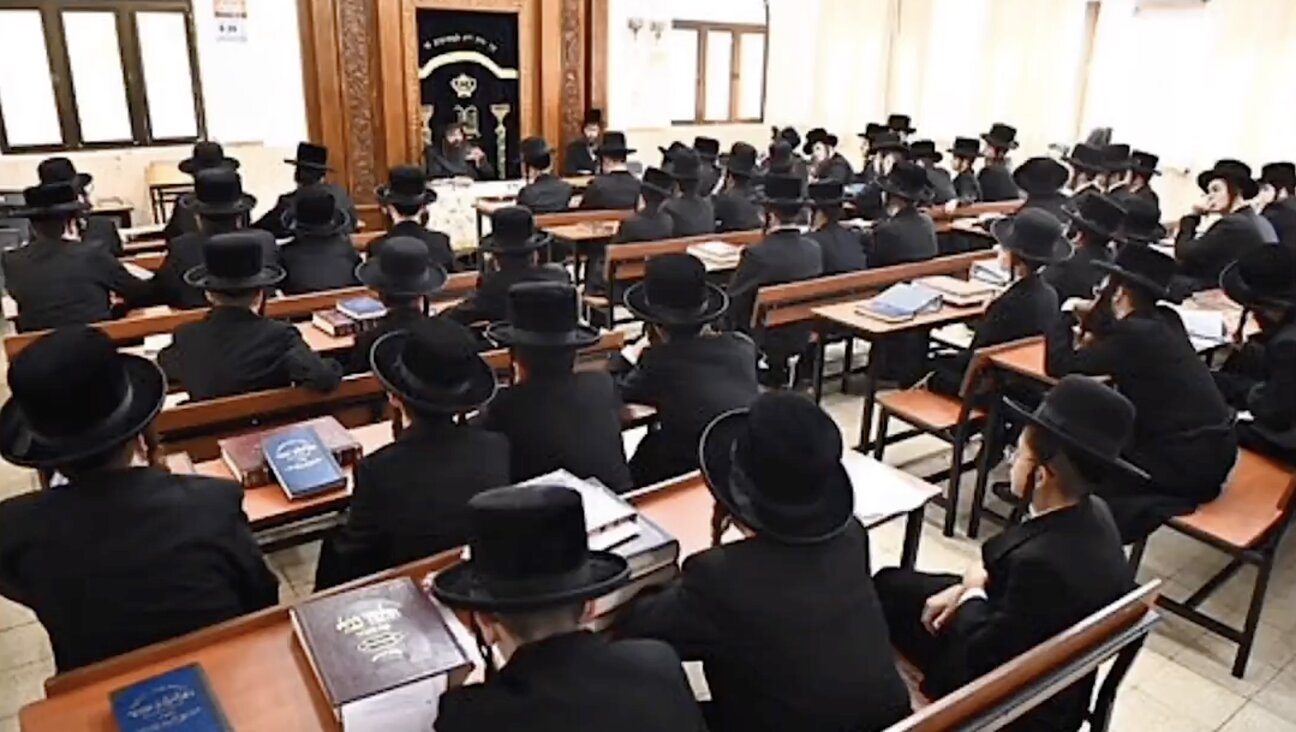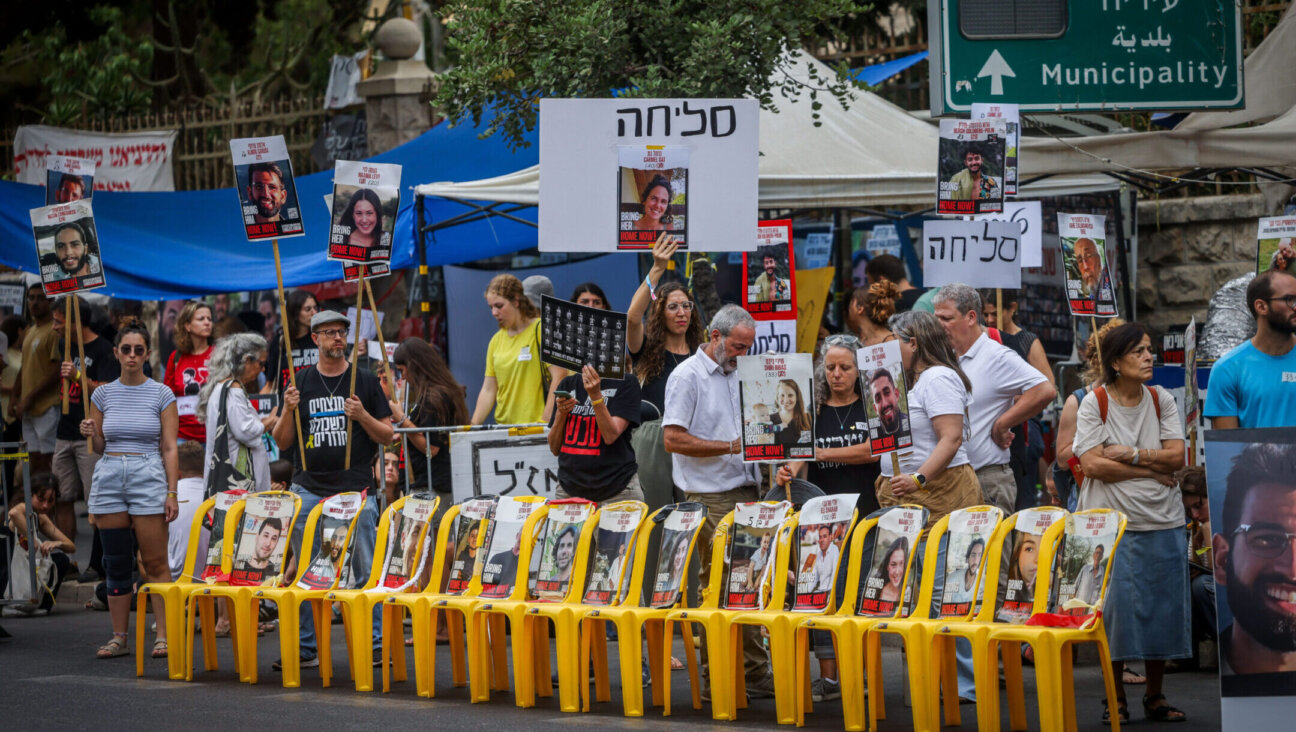Death over Zoom: a rabbi reflects on a year of loss

Stones placed by visitors on top of the tombstone of a Jewish U.S. military and World War II veteran at Arlington National Cemetery. By Robert Alexander/Getty Images
The call came from the family, asking me to visit their relative at a suburban hospital.
I knew the congregant well and was devastated to learn she was dying. I was even more devastated to learn it was from COVID. Visiting would be out of the question. The woman, who was 98, died the next day. Her family decided to postpone any memorial until we could gather again in person.
Of all the many indignities of the pandemic, not being able to say goodbye to congregants is one the harshest. As a rabbi, I have been trained to offer comfort to those nearing life’s final door. The prayer is called the vidui or confessional prayer. It involves asking forgiveness for any past wrongs and offering the words of our central prayer, the shema. We pray for the soul to make a safe passage back to God.
The vidui is meant to be offered every day of our lives, and is the centerpiece of the Yom Kippur holiday. But, like so many things in life, human beings often wait until the last moment to have the words uttered: “May it be Your will that You heal me with total recovery, but, if I die, may my death be an atonement for all my wrongdoings… Master of the Universe may my passing be in peace.”
While some may shy away from these moments, I find them beautiful.
I am grateful for whatever measure of support I can offer to both the individual and family. I am there both to pray with them and to witness all they are going through. Watching the body calm itself into its peaceful final trance is the closest I will get to God before it is my turn to exit this world.
For the past 10 months I have not even been inside a hospital, let alone offered final prayers. What once was a routine trip to visit with congregants in need now seems like a perilous journey into the dangerous and unknown. Every week when we receive the hospital census, my heart breaks knowing there is so little I can do to help.
Life and death, though, have continued, although mostly behind the veil of computer and telephone screens. I have conducted conversions on my iPhone, while sitting under the shade of a tree of a cemetery; blessed wedding couples outside of a retirement center while the couples’ grandparents looked on from the windows of the facility; and welcomed babies to the world over a Zoom screen hundreds of miles away from my own. None of these moments were ideal, but I felt fortunate to be present at all, even virtually.
This past week a dear congregant lay dying in the hospital. He was only in his seventies, a vibrant, loving soul, who had navigated years of health challenges. His wife of only a few years was next to him, a blue mask covering the majority of her face. Despite all the two had gone through, she had remained steadfastly by his side.
The staff at our local trauma center had gone above and beyond to contact me and set him up with a Google Duo device in order for us to talk. My congregant’s face was frail, with tubes extending out of his throat to help him breath.
He nodded his head and mouthed words to communicate and I tried my best to express what was in my heart, and he to share what was in his.
I told him that I loved him and appreciated all he had done for me over the years. I voiced the words of the Deuteronomy: “Hear O Israel the Lord Our God, the Lord is One,” and asked forgiveness for anything that had been left undone.
The moment was so preciously painful. I could not even begin to imagine what his spouse and family were going through. Afterward, one of the nurses, who happened to be a congregant, texted to let me know how peaceful the man had gotten after our conversation. A few hours later, he was gone.
As I stood at the cemetery a few days later with the meager, masked crowd of 10 we were permitted, tears welled in my eyes, not just for this congregant, but for all the moments stolen from us by this insidious virus, for the lesser world into which we would eventually return, and for the overwhelming grief of not being able to properly say goodbye.
Alex Lazarus-Klein is the rabbi of Congregation Shir Shalom, Buffalo, NY
A message from our Publisher & CEO Rachel Fishman Feddersen

I hope you appreciated this article. Before you go, I’d like to ask you to please support the Forward’s award-winning, nonprofit journalism so that we can be prepared for whatever news 2025 brings.
At a time when other newsrooms are closing or cutting back, the Forward has removed its paywall and invested additional resources to report on the ground from Israel and around the U.S. on the impact of the war, rising antisemitism and polarized discourse.
Readers like you make it all possible. Support our work by becoming a Forward Member and connect with our journalism and your community.
— Rachel Fishman Feddersen, Publisher and CEO













